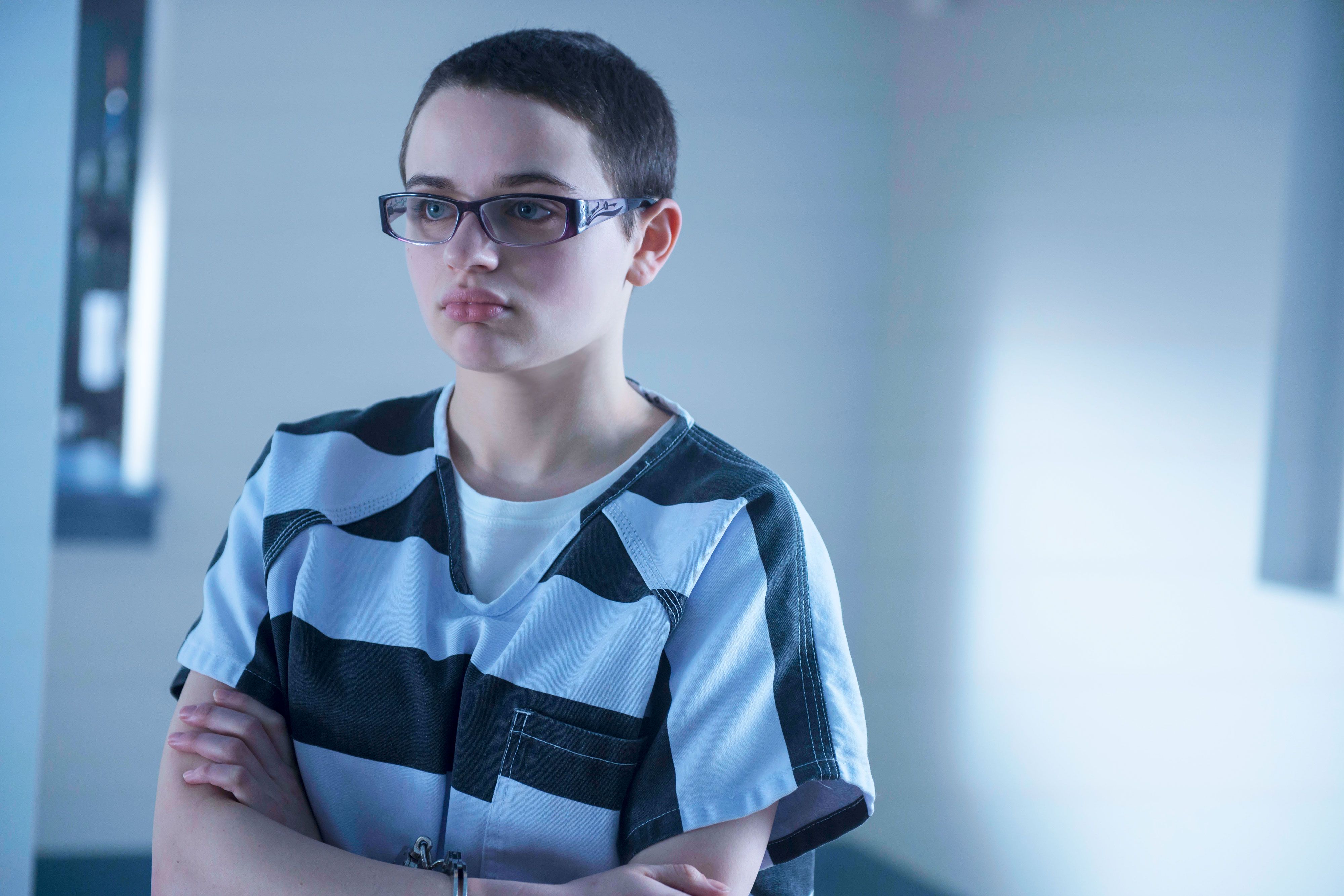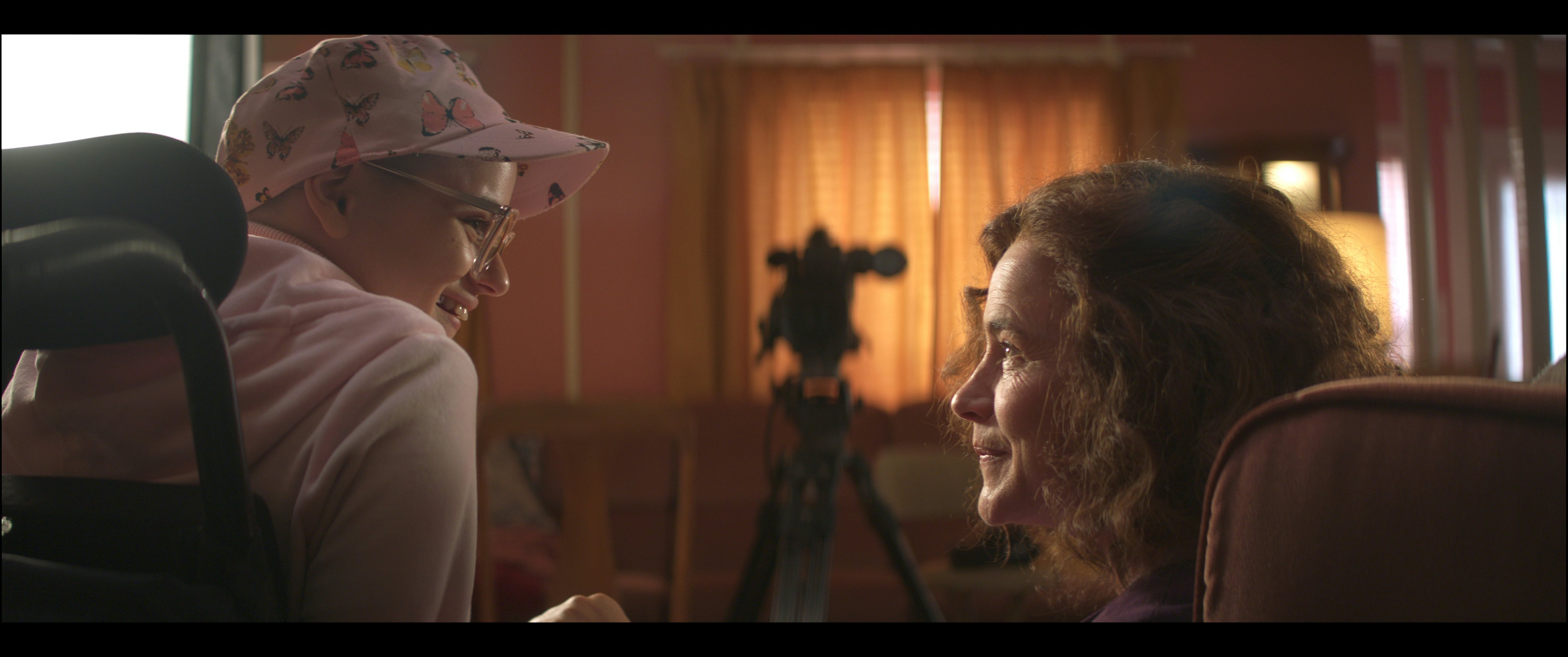

“Look back over 200 years of print history, and you’re going to see a lot of newspapers focusing on crime. Michelle Dean, the co-showrunner of “The Act” - based on a viral story she wrote for BuzzFeed in 2016 about the murder of Dee Dee Blanchard by her daughter, Gypsy Rose - doesn’t think interest in true crime is anything new. Anybody could watch and go, well, f–k, I’m in a town I don’t like or a marriage I don’t like or a job I don’t like.” The truest thing true crime may do is provide audiences access to the worst of human behavior, and help them understand their own dark impulses. “Here was a prison-break story that was really about a woman. Tolkin’s partner, Brett Johnson, says “Escape at Dannemora” isn’t, at heart, about the escape at all.

People are drawn to something that explodes the world that they live in.”

You know that when you’re dealing with true crime you’re illustrating some aspect of social reality. (The boom in fictionalizations mirrors a similar one in true-crime documentary, with entries including “Lorena” and the two seasons of “Making a Murderer.”) Michael Tolkin, co-showrunner of “Escape at Dannemora,” says that the programs slake the desire for the truth. Familiar cases satisfy audience appetite for real-world stories in an era in which the hunger for reality has grown sharper. This genre - closed-ended stories that feature humanity’s lows and highs - will likely continue to grow. “I’ve never read a story with more frustrating behavior, countered with the most sacrificial behavior imaginable,” says Craig Mazin, who wrote “Chernobyl.” “It’s the best and worst of people.” Alexandra Cunningham, showrunner of “Dirty John,” echoes the thought: “The sources of greatest conflict are always what is going to give you the best drama, and crime is showing people at extremes.” Despite changes in location and tone (“Dirty John” is unapologetically soapy, while “Chernobyl” wears its prestige proudly) these programs share the task of excavating a notable story and examining details so seemingly outlandish that they could not have been invented. By the time “Chernobyl” - an HBO miniseries depicting the flailing response to the 1986 Ukrainian nuclear meltdown - hits screens May 6, viewers will have gotten a varied diet of shows that all do a similar thing.


 0 kommentar(er)
0 kommentar(er)
